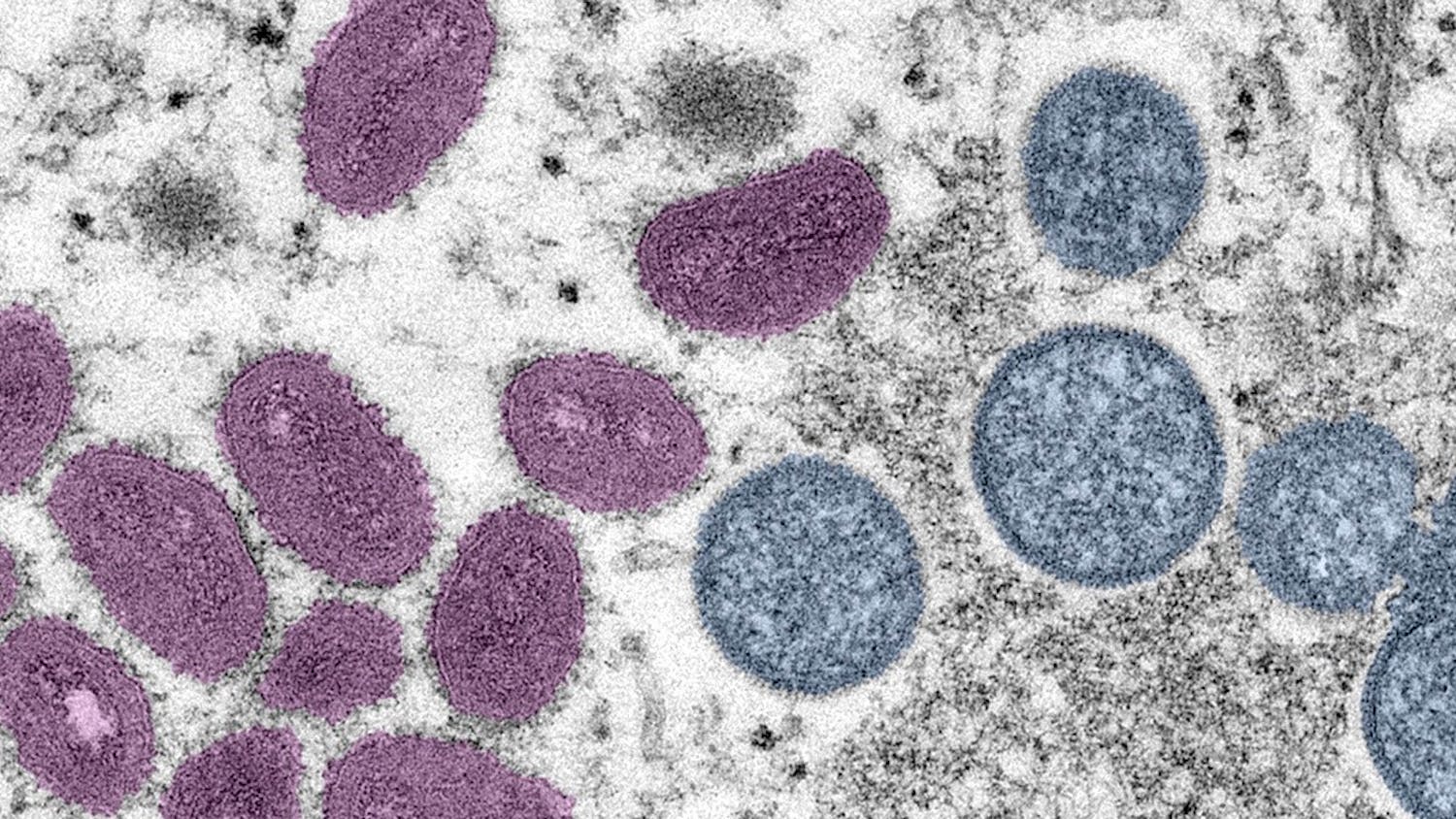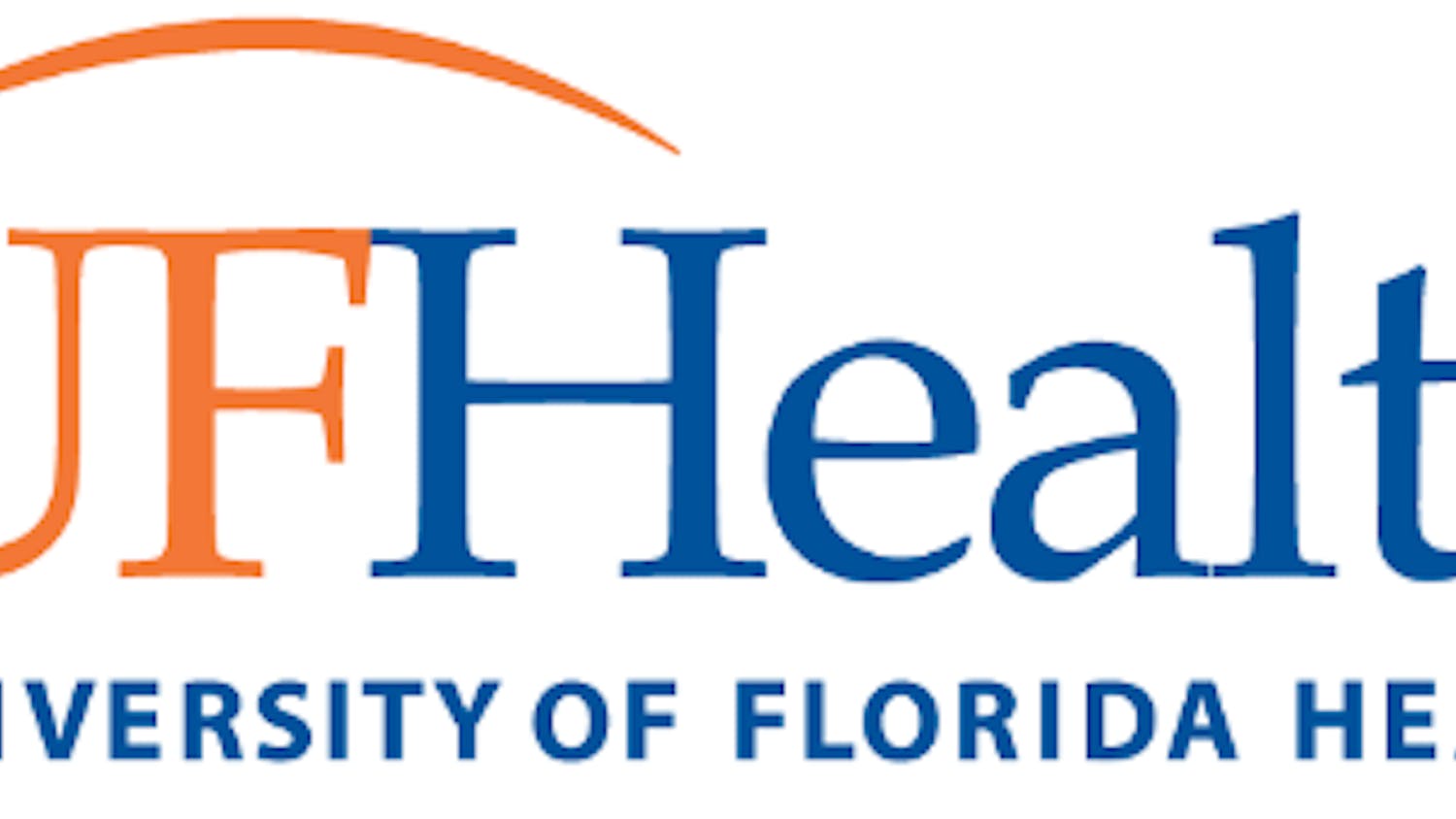In another era, the affliction of AIDS — a disease surrounded by fear, misinformation and lack of medical expertise — was a death sentence. Although we have since grown to understand this disease, there is still much to learn about possible unintended consequences of its treatment.
In a study by Dr. Daniel Klein at the Kaiser Permanente in northern California, higher rates of coronary heart disease have been found in patients with HIV. With already-high rates of heart disease, more research and policy must be directed toward these health initiatives.
From the baseline characteristics of Klein’s research project, “Contribution of Immunodeficiency to Coronary Heart Disease: Cohort Study of HIV-infected and HIV-uninfected Kaiser Permanente Members,” a comparison between HIV-positive and -negative patients showed startling results. Klein found that individuals with HIV had a higher chance of smoking and abusing alcohol and showed higher rates of cardiovascular heart disease. Among those with HIV, higher rates of myocardial infarction were also linked. These rates were much higher than control subjects who did not have HIV.
What is it about HIV that can increase rates of heart disease? Some facts about the nature of HIV treatment should give us some hints.
HIV infections can cause inflammation, and antiretroviral therapy used to delay the progression of AIDS can increase heart disease risk. Some information from “The AIDS Beacon” in August 2010 suggested that, “ … a person’s blood pressure and CD4 count (white blood cell count) contributed most significantly to the risk of heart attack.”
There isn’t a consensus about the influence of antiretroviral therapy on the rates of heart disease in HIV patients. Dr. Georg Behrens presented his findings at the 2010 International AIDS Conference. Antiretroviral medications used to treat HIV increase cholesterol levels and influence fat deposits in the body.
More specifically, fat distribution is more likely to be placed in the abdominal region. Multiple other factors could also contribute to heart disease, like smoking and alcohol abuse as discussed earlier.
In Klein’s own words, “Over the last year, it has become clear that factors [such as changes in] glucose metabolism and dyslipidemia [high cholesterol levels], and also … central obesity, induced by HIV therapy, contribute to … later cardiovascular disease.”
While the research has begun and should still be adequately investigated, there are measures already in place that can attack both HIV and heart disease independently.
In July 2010, the Obama administration launched its own priorities for controlling the rates of HIV and AIDS infections. This program includes prevention efforts in communities where the disease is most evident, including minority groups, homosexuals, bisexuals, males, etc.
Increasing education and vigilance about HIV prevention is vital, along with community-level outreach, increased providers of clinical care services, and so on. A faithful attempt at coordinating efforts between the U.S. federal government and state, local and territorial governments can have a multiplier effect on coordination and prevention.
There is very little suspicion that most Americans are aware of the pervasiveness of cardiovascular illnesses. The findings from the Center of Disease Control’s publication “Summary Health Statistics for U.S. Adults: National Health Interview Survey, 2010” now suggests that more than 27 million adults have been diagnosed with heart disease. This is almost 12 percent of the U.S. adult population. In just 2010, the estimated cost of health care treatment in the United States was close to $444 billion.
It is frustrating when ongoing scientific research cannot find solutions to today’s problems, inflicting patients with debilitating illnesses. While the exact correlation between HIV and cardiovascular heart disease isn’t clear, there is a link.
Work still remains on the effects of antiretroviral therapy and its increased strain on the heart. Awareness is priority, and only through patience and research can we reduce afflictions of both HIV and heart disease.
Guillermo R. Pradieu is an English sophomore at UF.





